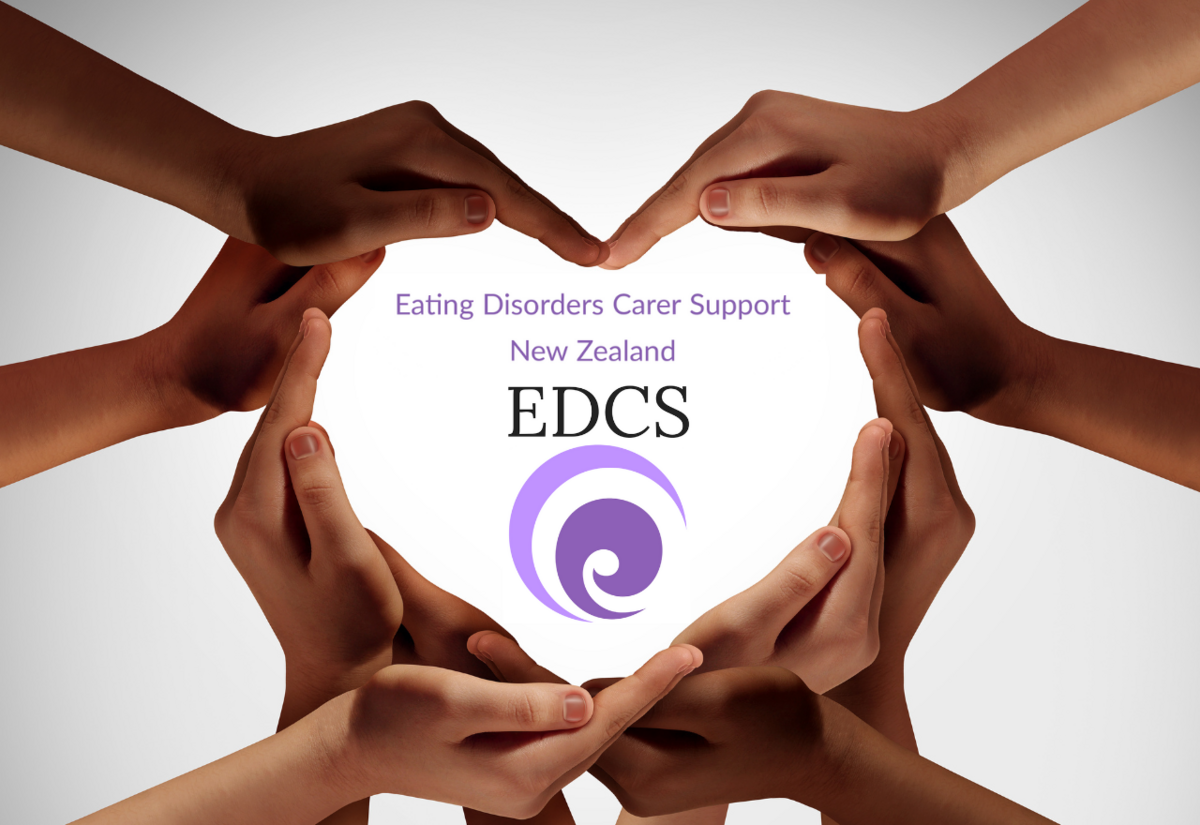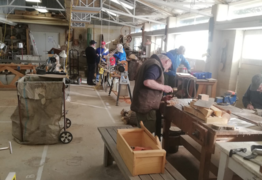Now's the time to talk about disordered eating | Opinion
Sarah Rowland
23 February 2025, 10:14 PM
 Eating Disorders Awareness Week February 24th to March 2nd, 2025.
Eating Disorders Awareness Week February 24th to March 2nd, 2025.~Opinion ~
This week is Eating Disorders Awareness Week with theme being "The Time is Now!"
Eating disorders (ED) and disordered eating (DE) continue to be among the last taboo subjects in mental health, often surrounded by silence and numerous misconceptions in our community and workplaces.
Despite our dedicated efforts, these common conditions within our communities¹ remain largely unnoticed by early detection systems, including our healthcare system, and are escalating at alarming rates.
Research indicates that prevention and early detection are the most effective strategies to avoid potentially life-long medical issues related to both physical and mental health, as well as relationship challenges and substance abuse, which can lead to high fatality risks.
The link between ED and suicide is highly notable. Research highlights the distressing reality that eating disorders and suicidality are deeply interconnected, requiring urgent attention in national prevention strategies.
Among psychiatric conditions, ED has the highest mortality rates, with 20-30% of individuals succumbing to medical complications or suicide.
Depression and overdose have been linked to these fatalities, including cases in elite sports, where years of untreated ED and the effects of malnutrition on the body and brain are often overlooked.
Evidence of the harmful effects dates back over 150 years ago to 1868 when the term “Anorexia Nervosa” was first introduced by Sir William Gull who was a physician to Queen Victoria.
Gull recorded detailed case studies including his treatment approach of refeeding support, rest, and supervision, leading to full recovery for his patients.
Oftentimes, talk therapy is still prioritised in treatment over this understanding extending duration and harm.
EDCS believes that "The Time is Now" to raise ED as a key priority public health focus to alter the trajectory of this deeply harmful condition that affects individuals and their families.
We must take action now by emphasising ED in our systems, services, and legislation, while also addressing the many misconceptions through improved education in our schools and communities.
We urge our community, media, and government public services makes active efforts to:
✅ Become EDucated & ED Aware about the harmful effects which negative talk around food and other people's bodies has, including deriding our own bodies!
✅ Share and adhere to the Eating Disorders Communication Guidelines, which closely mirror those for suicide.
Now is the time to act for our loved ones. Please support us by reading, sharing, and promoting the ED guidelines, and by engaging in conversations about ED within our communities.
With the right treatment and support, individuals can achieve a full recovery and lead a normal, productive life 💜
Sarah Rowland lives in Oamaru and is Co-founder and Co-chair of Eating Disorders Carer Support NZ and takes part in community, system and lived experience advocacy.
Eating Disorders Carer Support NZ (EDCS) is a New Zealand/Aotearoa registered non-profit charitable trust which supports all carers of people with eating disorders or disordered eating.
Resources:
If you are concerned that someone you know might have an eating disorder, the sooner you discuss your concerns with them the better.
If you think your child or young person has an eating disorder, visit a health professional straight away. Ask for a referral to an eating disorder specialist service.
If you feel your concerns aren't being taken seriously enough don't be afraid to ask for a second opinion.
Any delay in seeking treatment can lead to serious long term consequences.
- Te Whatu Ora Health New Zealand
- Kids Health The KidsHealth website has been created by a partnership between the Paediatric Society of New Zealand - Te Kāhui Mātai Arotamariki o Aotearoa (PSNZ) and the Starship Foundation, supported and funded by Te Whatu Ora - Health New Zealand.
- Eating Disorders Carer Support NZ (EDCS)
- The Mental Health Foundation
- Hope and Healing is a lived experienced support group for those fighting an Eating Disorder.
NEWS
WHAT'S ON GUIDE
TEAM MEET-UPS | LOCAL CLUBS & GROUPS CALENDAR




